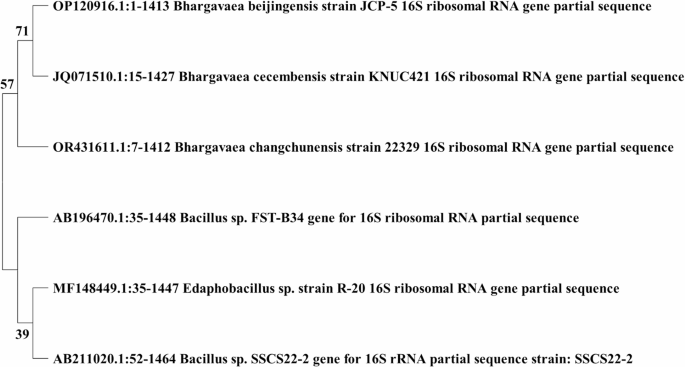Researchers have discovered a remarkable bacterium, Bhargavaea beijingensis, that could revolutionize various fields, from construction to environmental remediation. This versatile microbe possesses the ability to produce high levels of the enzyme urease, which plays a crucial role in a process called Microbially Induced Calcite Precipitation (MICP). MICP has numerous applications, including strengthening soil, producing eco-friendly construction materials, and removing heavy metals from contaminated sites. The findings highlight the immense potential of this novel bacterial strain, paving the way for sustainable solutions to some of the world’s pressing challenges. Bacteria have long been recognized for their remarkable adaptability and diverse capabilities, and this latest discovery showcases their untapped potential in addressing real-world problems.

Discovering the Superstar Bacterium
The research team, led by Megha S. Gadhvi and her colleagues, set out to explore the potential of ureolytic bacteria – those capable of producing urease – for MICP applications. After conducting a thorough screening process, they isolated a bacterium from soil samples collected near a calcareous bricks mine, identifying it as Bhargavaea beijingensis.
This remarkable bacterium not only exhibited exceptional urease activity, but it also demonstrated the ability to efficiently precipitate calcium carbonate, the main component of calcite. The researchers confirmed the presence of calcite using advanced analytical techniques, such as Fourier-Transform Infrared (FTIR) spectroscopy and Scanning Electron Microscopy (SEM).
Versatile Applications of Bhargavaea beijingensis
The versatility of B. beijingensis quickly became apparent as the researchers explored its potential applications. One of the key areas was bio-cementation, where the bacterium’s ability to precipitate calcite could be leveraged to strengthen and solidify soil structures. The team conducted sand solidification tests, and the results were impressive – the sand treated with B. beijingensis showed a significant increase in compressive strength, indicating its potential for improving the stability and durability of construction materials.

In addition to bio-cementation, the researchers also examined the bacterium’s potential for heavy metal remediation. B. beijingensis demonstrated remarkable efficiency in removing a range of heavy metals, including nickel, cobalt, zinc, and even the highly toxic mercury, from contaminated solutions. This finding suggests that this bacterium could be a valuable tool in the cleanup of Click Here
